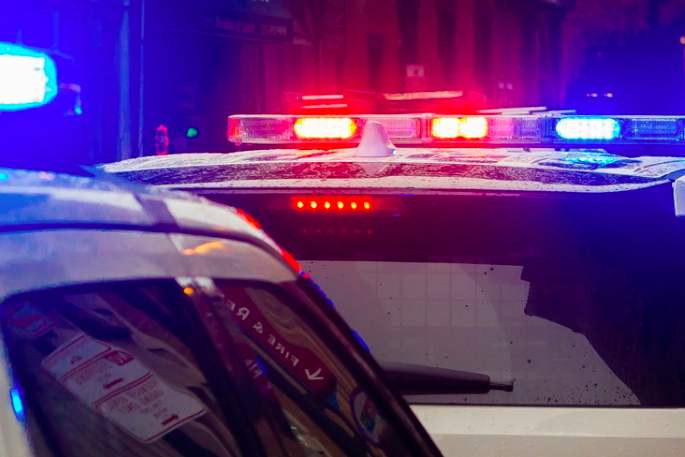
March 11, 2021
 Thom Carroll/for PhillyVoice
Thom Carroll/for PhillyVoice
Police say Jennifer Strumph allegedly posed as a COVID-19 contact tracer working for the Burlington County Health Department and convinced an Evesham plumbing business to spend thousands to upgrade its safety measures. Strumph has been arrested and faces charges.
A New Jersey woman allegedly pretended to be Burlington County Health Department employee and threatened to shut down an Evesham Township plumbing contractor, falsely claiming the business was not following COVID-19 safety protocols, police said.
Jennifer Strumph, 32, allegedly used a fake email address to contact the plumber and inform him about the made-up violations, telling the business owner that she was a contact tracer working for the county. In response plumber spent more than $5,100 on employee overtime to comply with Strumph's requirements, the Burlington County Prosecutor's Office said Tuesday.
After employees became suspicious, they ultimately reached out to police who confirmed that Strumph did not work for the Burlington County Health Department.
Investigators said they don't know Strumph's motivation for the alleged scam. She is charged with a computer crime, assuming a false identity and criminal coercion. Strumph released, pending her next hearing date, after appearing in Burlington County Superior Court.
Evesham Woman Charged for COVID-related Impersonation of Public Official EVESHAM TOWNSHIP – Burlington County...
Posted by Burlington County Prosecutor's Office on Wednesday, March 10, 2021
Contact tracing is used to identify and notify anyone who may have been in contact a person who tested positive for COVID-19, according to the New Jersey Department of Health.
In New Jersey, when someone tests positive for coronavirus, the lab that confirmed the results sends the test data to the state's Communicable Disease Reporting and Surveillance System. Next, the local health department will call the person with the positive test to figure out anyone with whom he or she may have had close contact.
Contact tracers then get in touch with those people and let them know they may have been exposed to the coronavirus and should self-quarantine and get tested.
The Federal Trade Commission says there are some ways to spot a scammer posing as a contact tracer.
Contact tracers will never ask for money, your bank account number, credit card number, immigration status or social security number. The FTC also says to avoid clicking links from purported contract tracers in text messages or emails – they could install viruses and malware on devices.
If you think you're dealing with a fake contact tracer, check with your state health department to confirm the tracer's identity. You can also report them through the FTC.
Follow Hannah & PhillyVoice on Twitter: @hannah_kanik | @thePhillyVoice
Like us on Facebook: PhillyVoice
Add Hannah's RSS feed to your feed reader
Have a news tip? Let us know.